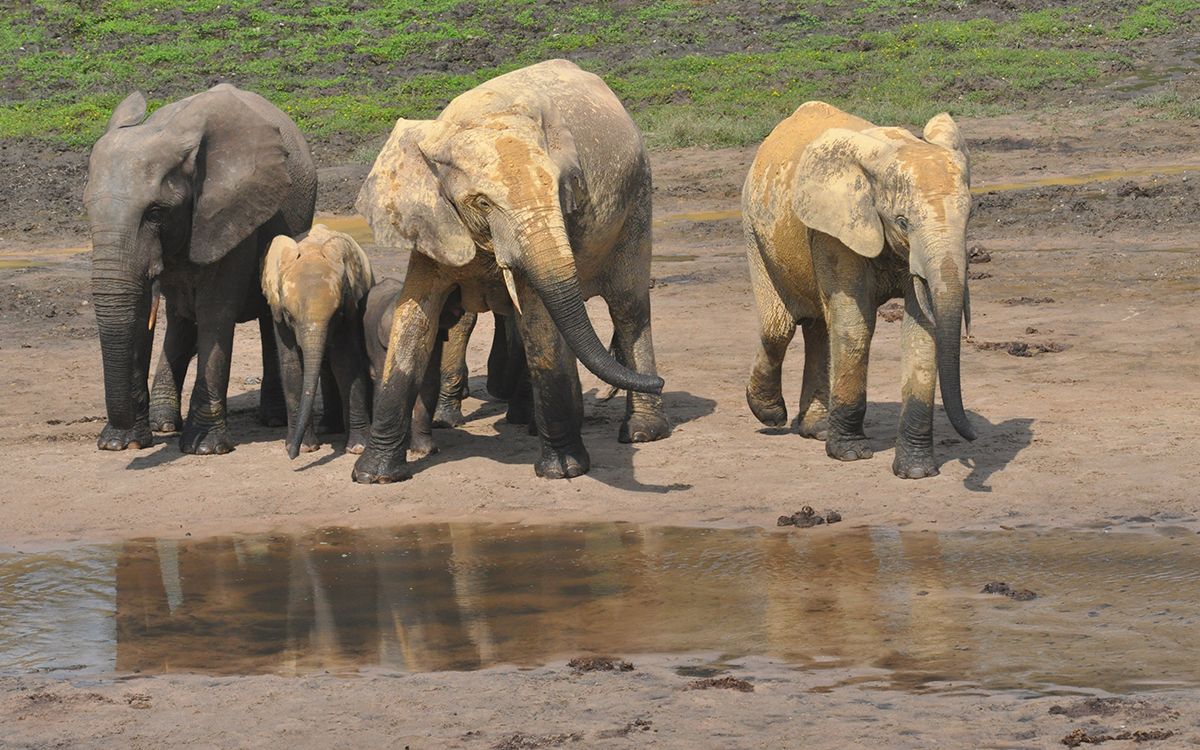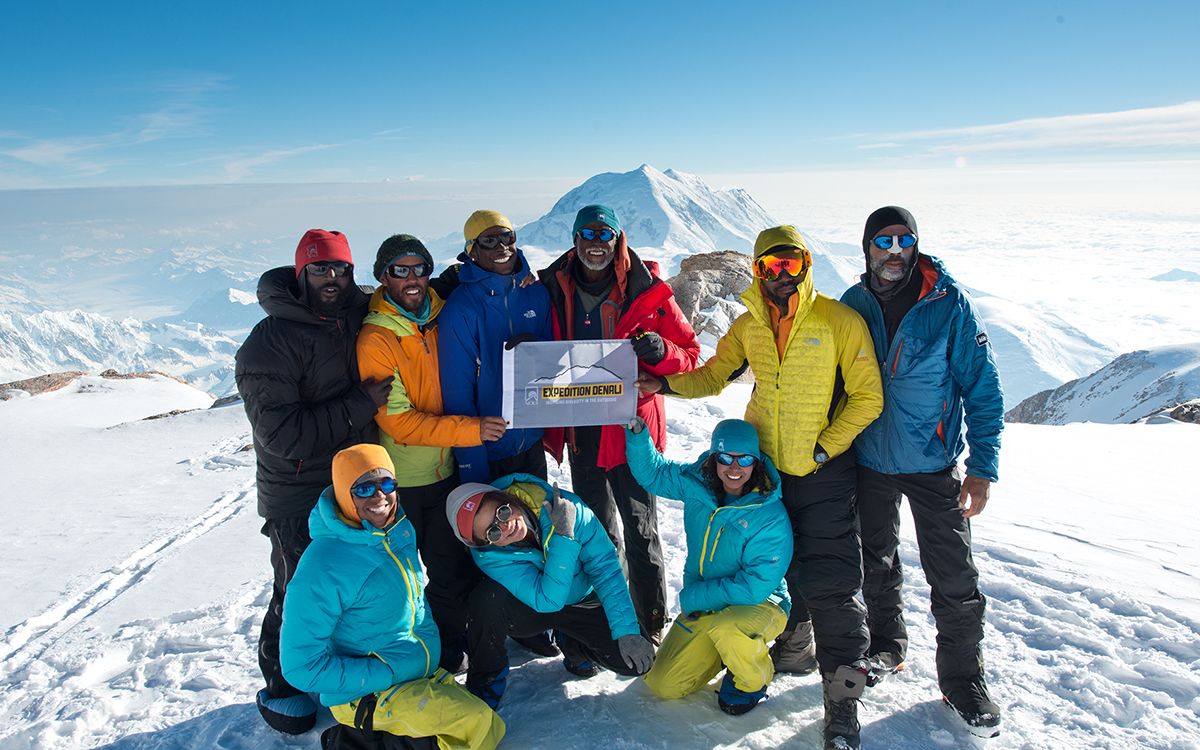This year, the largest environmental film festival in the world can be streamed straight into your living room. From March 18 to 28, the 29th annual DC Environmental Film Festival in the Nation’s Capital (DCEFF) will feature more than 100 movies from filmmakers around the world. Each film will be screened live and on-demand—dozens of which will be free—and are paired with panels, Q&As, and guest appearances by celebrities such as Academy Award winners Jane Fonda and James Cameron.
Since the inception of the DCEFF in 1993, the festival has been committed to deepening awareness of global environmental issues, all while providing a learning experience that’s immersive, entertaining, and inspiring. “We’re really trying to get viewers to understand what a visceral, powerful experience these films can be,” Chris Head, the executive director of the festival, told Sierra. “They can be a gut punch.”
While this year's selection of films was not organized around a particular theme, a tone of cautious optimism is prevalent, thanks to President Biden’s election, Head says.
“We're very enthusiastic and excited about the many changes we're already seeing from the new administration,” he says. “Still, we understand that it continues to be the marginalized communities who are affected first, and often in the most severe ways. There does not seem to be major signs of change there.”

Photo courtesy of Elephant Path
In response to last year’s uprisings for racial justice, DCEFF organizers ramped up their efforts to select films that center the Black experience through a multitude of lenses. One of the films Head is most excited for is The Falconer, an intimate portrait of Rodney Stotts, a Black master falconer and environmental educator from southeast DC who begins the work of repurposing a 100-year-old dairy barn into a haven for raptors. There’s also Follow the Drinking Gourd, a documentary that explores the Black food justice movement in America, and An American Ascent, a story that follows nine African American climbers who attempt to ascend the 20,310-foot summit of Denali. Among these films is also Aint Your Mama’s Heat Wave, a stand-up comedy special that features four Black comedians on the front lines of the climate crisis.
A number of films premiering at the DCEFF explore social and environmental inequities in other countries. In Peng Yu Sai, National Geographic explorer Malaika Vaz investigates the illegal manta ray trade in Asia, tracing the capture-to-market pipeline from fishing vessels in the Indian Ocean to wildlife-trafficking hubs in Hong Kong. Elephant Path (Njaia Njoku) follows Andrea Turkalo, a behavioral biologist, and Sessely Bernard, an Indigenous tracker, who seek to protect the elephants in the Central African rainforest amid war and habitat loss. Interested in political documentaries? Smog Town follows a government bureau’s mission to improve the air quality in Langfang, China, one of the country’s most air-polluted cities. And for those who wonder what a national shift toward clean energy may look like, Nuclear Forever dives deep into Germany’s difficult transition away from nuclear power, as thousands of tons of radioactive waste and out-of-state interests stand in the way.
Although the virtual experience of watching films about the woes and wonders of the planet may not be as visually and sonically impactful as the in-theater viewing experience, high attendance at the festival is expected. Last year, the DCEFF was scheduled right around the time the COVID lockdowns began, a guinea pig experience that gave its organizers only a week to move the entire festival online. Nonetheless, the festival was a huge success, attracting more attendees than ever before.
Head credits that success to the increase in accessibility that a remote festival allows. Even though the festival is restricted in a few countries, the majority of its movies can be viewed abroad, offering cinephiles from around the world an opportunity to attend.
Nevertheless, Head plans on hosting the festival in-person again once it is safe to do so. An online festival lacks community, Head notes, without the intimate spaces where filmmakers and attendees can geek out over their love for the planet. Still, Head envisions the future of the festival as a hybrid of in-person and virtual premieres.
Once this year’s festival comes to an end, Head hopes that attendees will be left feeling informed and empowered to advocate for an environmentally just future for all.
“We will continue to be cautiously optimistic,” Head says. “And to highlight the voices of those most often not heard.”

Photo courtesy of American Ascent
To find out more about the DC Environmental Film Festival, visit DCEFF.org.
"film" - Google News
March 18, 2021 at 02:16PM
https://ift.tt/3qXjBS1
The World’s Largest Environmental Film Festival Goes Virtual (Again) - Sierra Magazine
"film" - Google News
https://ift.tt/2qM7hdT
https://ift.tt/3fb7bBl
Bagikan Berita Ini














0 Response to "The World’s Largest Environmental Film Festival Goes Virtual (Again) - Sierra Magazine"
Post a Comment